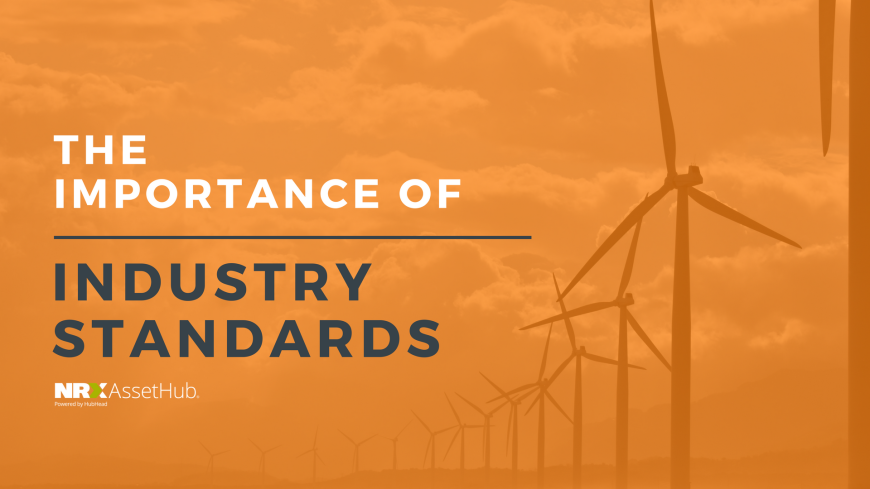Standardized work is one of the most powerful but least-used tools in many industries. Knowing the importance of certain processes and taking steps to identify the best practices are vital in a successful business. Communication with all your workers, that this has become an influential part of your culture is just as important as the implementation of the industry standards.
Why Have Industry Standards
Standards consist of elements and procedures which are organized in a way that ensures they are easily understood, consistently followed, and constantly improved by all. It is one of the fundamental building blocks for organizations to have smooth communication and manufacturing. It offers an established norm, a set of rules or requirements related to a specific system which is usually documented to signify reliable criteria, methods, processes, and practices. Thus, eliminating dual or redundant quality systems and the adoption of a single process for quality assurance.
In the aerospace industry, AS-9100 is a group of quality management standards published in the late 1999s. Its objective is to enhanced focus on safety, reliability and regulatory compliance. Now all aerospace manufacturers and suppliers worldwide require compliance with AS-9100 as a condition of doing business. Over the last couple of decades with AS-9100, the aerospace industry has had an increase in efficiency, stronger decision making, better customer satisfaction and overall has improved companies’ images.
Quality and reliability are essential for the aerospace industry, where errors, shortcuts, or lack of attention to detail can be fatal. Standards help to reduce risks, ensure consistency, and provide a reliable framework for the whole supply chain. Such processes are especially relevant in the current technology-driven world. While it may seem like a daunting task to create a standard, the result is a valuable contribution to all engineering stakeholders.
If there’s any take away from standards it should be three points:
- To ease streamlined operations for maintenance staff and other stakeholders
- To reduce complexity in creating documents for new equipment and machinery
- To significantly decrease the possibility of accidents and improve overall safety
How We Can Help with Standards
NRX AssetHub provides maintenance and reliability professionals at asset-intensive businesses with world-class software solutions for analyzing, visualizing, building, editing, organizing, approving, and sustaining high-quality Asset and Maintenance Data for their Enterprise Asset Management (EAM) and Computerized Maintenance Management (CMMS) systems. One of the things our customers use NRX AssetHub for is to capture reliability or performance standards and associate them with appropriate assets, build compliant maintenance plans, measure compliance gaps, and track compliance verification activities.
If you would like to learn more about how NRX AssetHub can help implement industry standards in your business, contact us and we’d be more than happy to help!
Source: http://www.bpf.co.uk/Standards/AS_9100.aspx
Share this article

